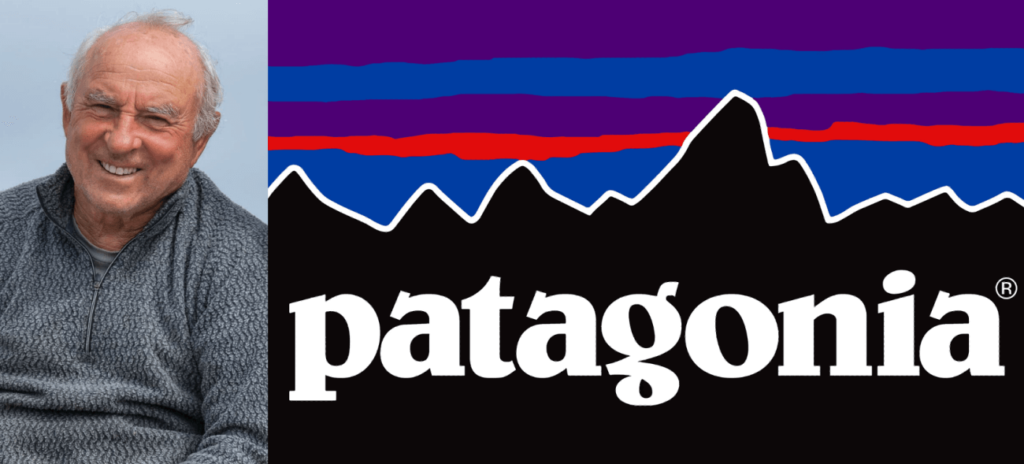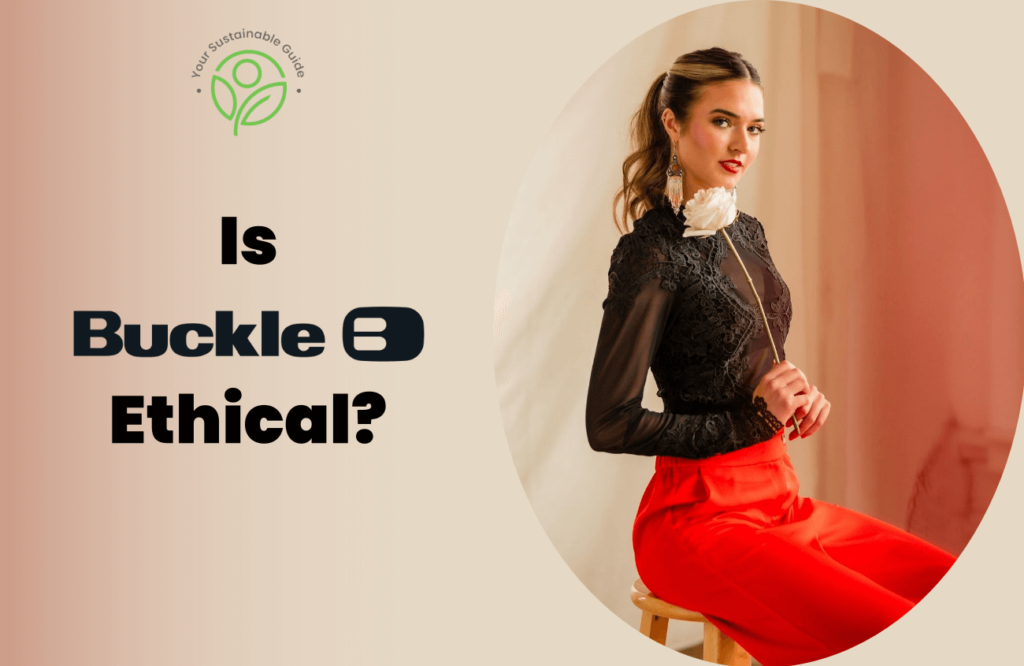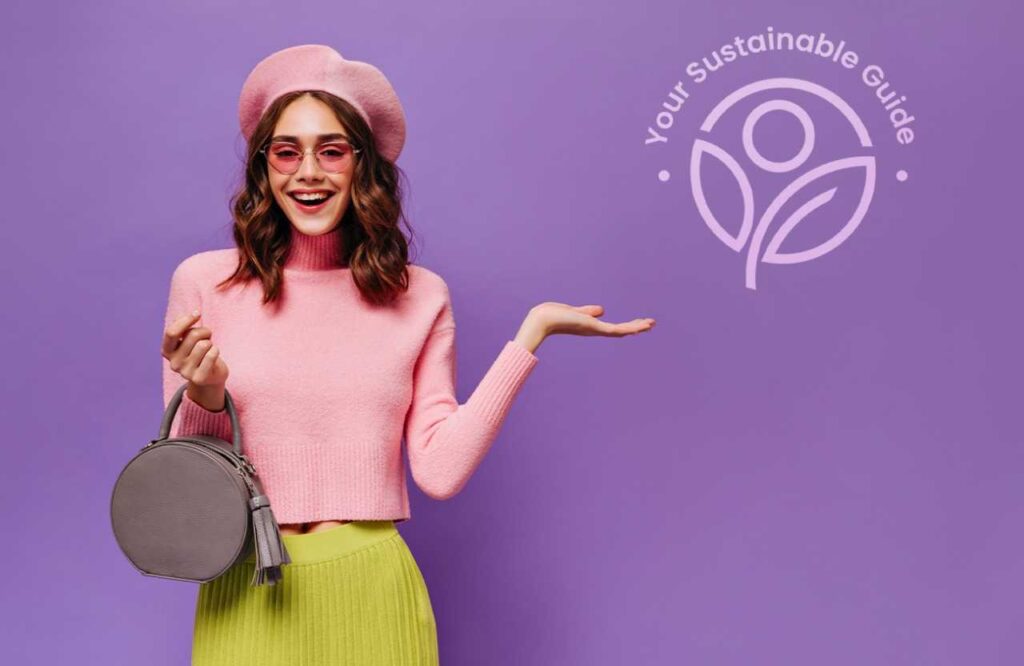American outdoor gear retailer L.L. Bean is a reputed name across the globe for its incredible quality of adventure clothing and equipment. The brand started by selling a single product: ‘Maine Hunting Shoes’ (also known as ‘Bean Boots’) and has grown into a billion-dollar company. But did it come this far by embracing a sustainable approach? A major chunk of its production occurs in Chinese factories. Does the company trace all these facilities for fair trade practices? Or is L.L.Bean operating as a fast fashion brand?
Considered one of the oldest outdoor clothing retailers, L.L.Bean has been around for 110 years now. While the brand makes sustainability and ethical claims, it doesn’t disclose evidence for its operating methods. L.L.Bean might set the tone for outdoor explorers in and around the US, but can its customers step into nature guilt-free? Let’s explore L.L.Bean’s sustainability and ethical endeavors.
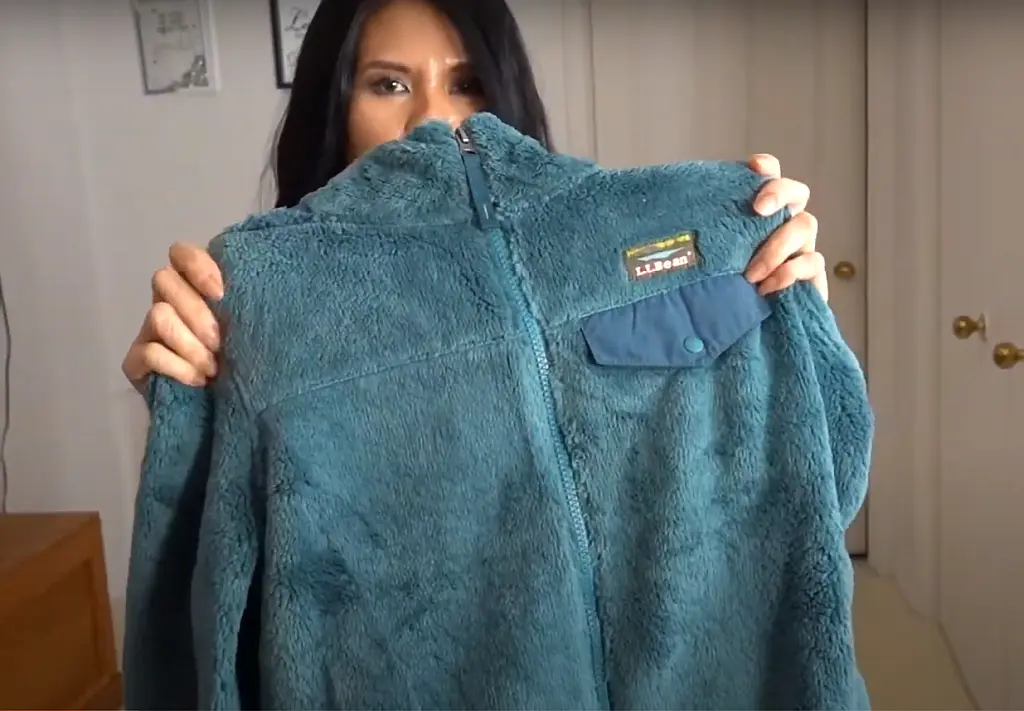
Is L.L.Bean Fast Fashion?
No, L.L.Bean is not considered a fast fashion brand. L.L.Bean is known for its focus on outdoor clothing and gear, emphasizing durability and functionality rather than following trend-inspired, rapidly changing styles that are characteristic of fast fashion. The brand is renowned for producing long-lasting quality products, offering something for every outdoor enthusiast.
Additionally, L.L.Bean’s merchandise has an expensive price tag, making it accessible to people who prefer to invest in premium-quality products. Unlike fast fashion’s cheaply-made garments that you can barely wear 2-3 times, L.L.Bean’s products last you for years with proper care.
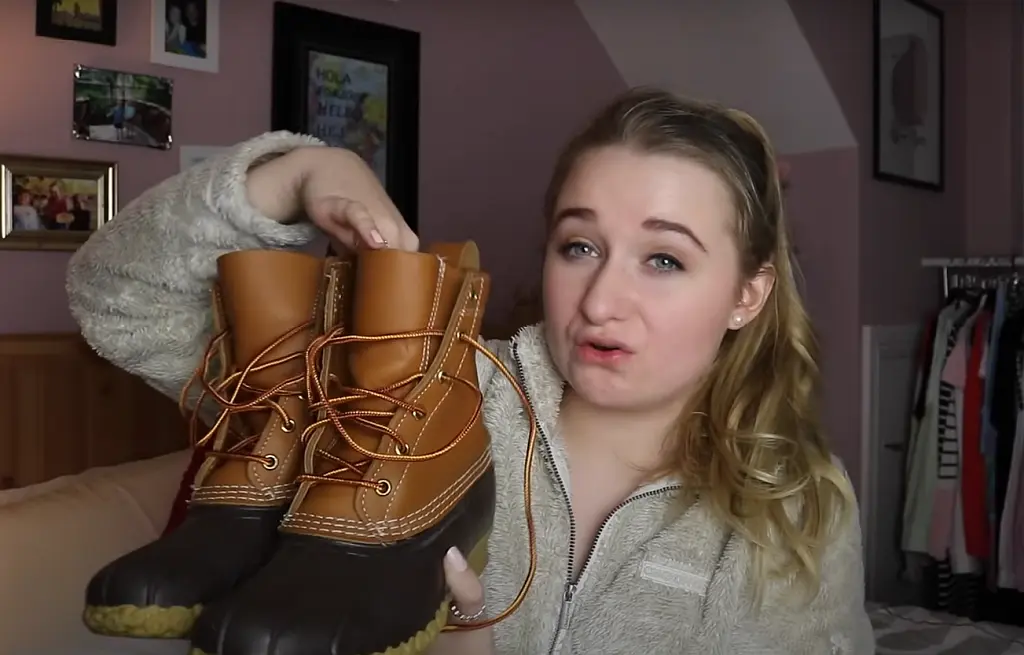
Is L.L.Bean Ethical?
No, L.L.Bean does not operate with ethicality as its core value. The veteran retailer giant has started to take ethical measures toward improving its supply chain operations. However, a great deal of work needs to be done for it to be declared 100% ethical.
Labor Practices
LL..Bean has a Code of Conduct to ensure its workers are provided with fair wages and benefits, reasonable working hours, overtime compensation, nondiscrimination, and more. It claims to practice ethicality and treat its workers humanely, adhering to international labor standards. However, its factories lack certification for labor ethics safeguarding workers’ rights.
Moreover, L.L.Bean failed to score the bare minimum in the Fashion Transparency Index and was rated between 0-10%. That’s because it keeps its production practices under wraps and has no evidence of implementing ethical standards in its supply chain. No proof indicates it promotes diversity and inclusion in its operations. Plus, there’s no assurance that workers receive a living wage in its supply chain.
Now, L.L.Bean has announced plans to implement responsible manufacturing practices. It has partnered with various organizations like the United States Council for International Business and the United Nations-affiliated Better Work program to guarantee fair treatment and ideal working conditions for its workers. Although these statements are positive, as consumers, we would appreciate more detailed information.
On the brighter side, L.L.Bean’s iconic Bean Boots are handmade and come with a card with the name of the artisan who made them. See! Sharing information is easy. Any ethical brand should have no trouble being transparent with its customers. Unfortunately, for multinationals like L.L.Bean, staying silent increases the chances of unethical practices. So, it should really start with being more transparent.
Sourcing Practices
L.L.Bean sources its products from countless factories scattered across the globe. It has published a list of all manufacturing units, including factories in China, Cambodia, Myanmar, Bangladesh, India, and many more. While we appreciate the clarity, none of these production units are Fair Trade Certified. So, there is no telling if labor rights are observed here.
It is to be noted that developing countries like China, Cambodia, etc., are infamous for violating human and labor rights. Many fashion labels boycotted factories in this country because they employ sweatshops indulging in modern slavery. However, L.L.Bean has over 50 units based in China. And past reports suggest that some of its factories force Uyghur laborers to work under miserable conditions. So, all the more reason for the brand to verify its sourcing partners frequently.
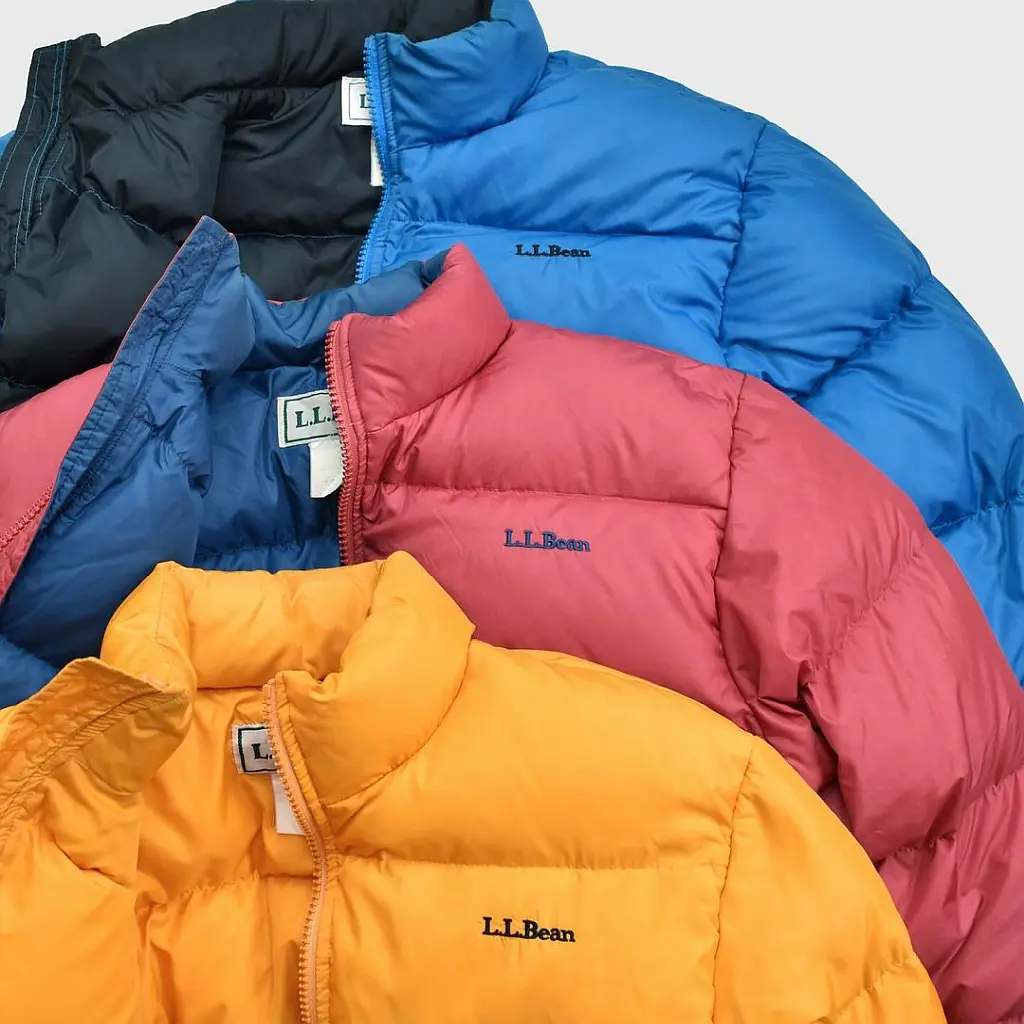
Child Labor
There are no particular mentions of L.L.Bean engaging in child labor. The American retailer’s Code of Conduct has a policy to strictly avoid the employment of minors. However, with a significant chunk of its production taking place in uncertified factories of third-world countries, the possibility of child labor can’t be eliminated altogether.
Overall Rating: 2.5
Is L.L.Bean Cruelty Free?
L.L.Bean’s animal welfare policies are not satisfactory. It uses responsible downs certified by the Responsible Down Standard. So that’s a thumbs up for the brand. But it also uses wool, leather, and other animal fibers, whose source remains unknown. The brand traces its animal-derived materials in the initial production stage, but the traceability doesn’t continue till the finished products.
Overall Rating: 2.5
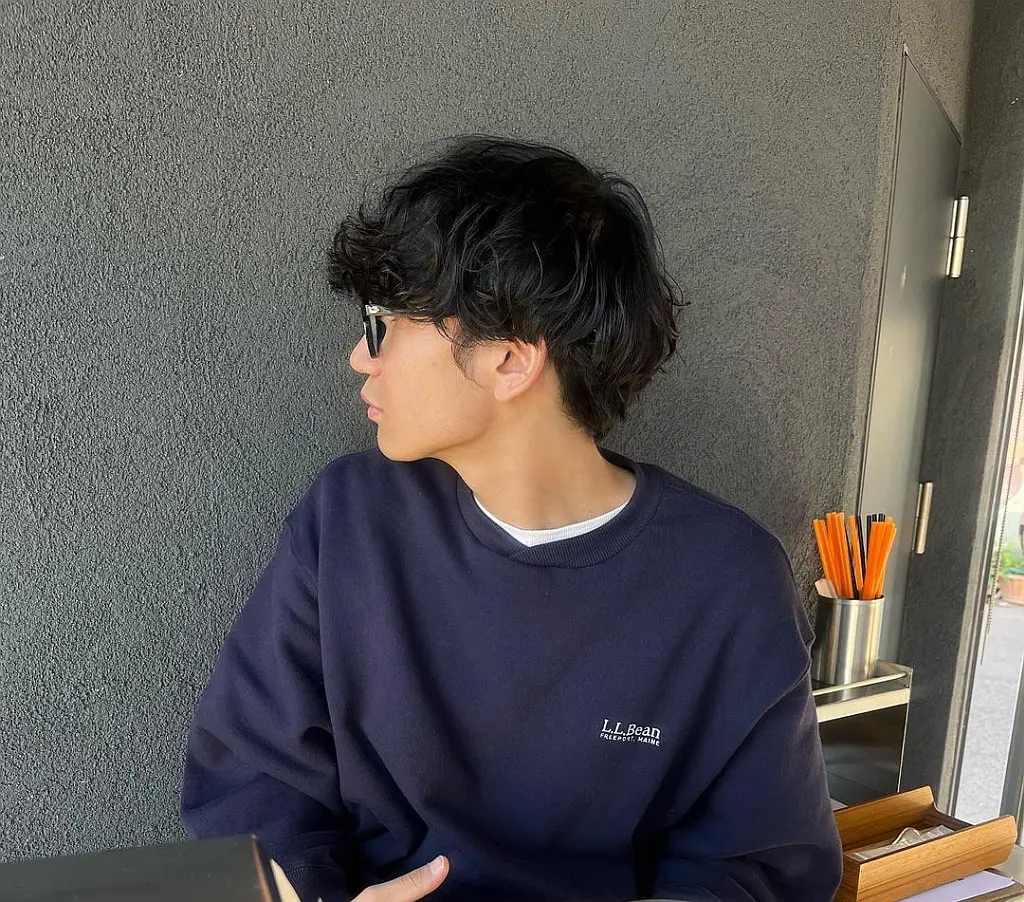
Is L.L.Bean Sustainable?
L.L.Bean is making commendable efforts to become sustainable. But for now, it has a lot of legwork to do to become fully green. As the brand reached peak success, it incorporated several sustainability initiatives in its operations. To begin with, L.L.Bean uses a good proportion of recycled polyester and recycled nylon in its outdoor clothing and gear.
Besides, L.L.Bean implements target-based efforts to enhance sustainability and reduce its carbon footprint. Each product is crafted with a focus on durability, not disposability, resulting in the use of fewer natural resources and waste reduction.
Furthermore, it encourages customers to “Reduce, Reuse & Resole” to extend the lives of their boots, jackets, tents, etc, at a nominal charge. By 2025, it is committed to increasing sustainability and reducing greenhouse gas emissions by 50%. Currently, it uses 23% responsible cotton, 18% recycled polyester, and 14% recycled nylon in its outdoor clothing, with plans to increase the use of these fabrics up to 100% by 2025.
Again, at present, L.L.Bean recycles 84% of the waste generated at its Maine facilities. It is a member of trusted sustainability organizations like The Sustainable Apparel Coalition, Bluesign, Textile Exchange, and OEKO-TEX Standard 100.
Now, while all these aspects are definitely impressive, L.L.Bean still uses a huge section of virgin synthetics. Plus, it has not mapped out plans to minimize water consumption levels and wastewater treatment across its supply chain. The environmental impact of the fast fashion industry is far too grave to overlook. As a reputed company, it’s time L.L.Bean takes accountability and buckles up to become end-to-end eco-friendly.
Overall Rating: 3
Some of the Best Sustainable Alternatives to L.L.Bean
While L.L.Bean is a trusted international brand, it doesn’t follow transparency in its endeavors and as conscious customers, a brand has to be more than just offering high-quality products. Sustainable swaps for L.L.Bean are brands like Patagonia, Arc’teryx, and Fjällräven.
1. Arc’teryx

The Canadian brand Arc’teryx started as a rock-climbing gear manufacturer before expanding its categories to outdoor clothing and accessories. With a range of finest quality jackets, waterproof backpacks, footwear, climbing gear, and more, Arc’teryx manufactures its products in fair trade factories. The brand is committed to a Science-Based Carbon Target to combat climate change and works towards a circular economy with its ‘ReGear’ program, where you can buy pre-loved Arc’teryx pieces. In addition, it is also an Outdoor Industry Association’s Climate Action Corps member.
2. prAna
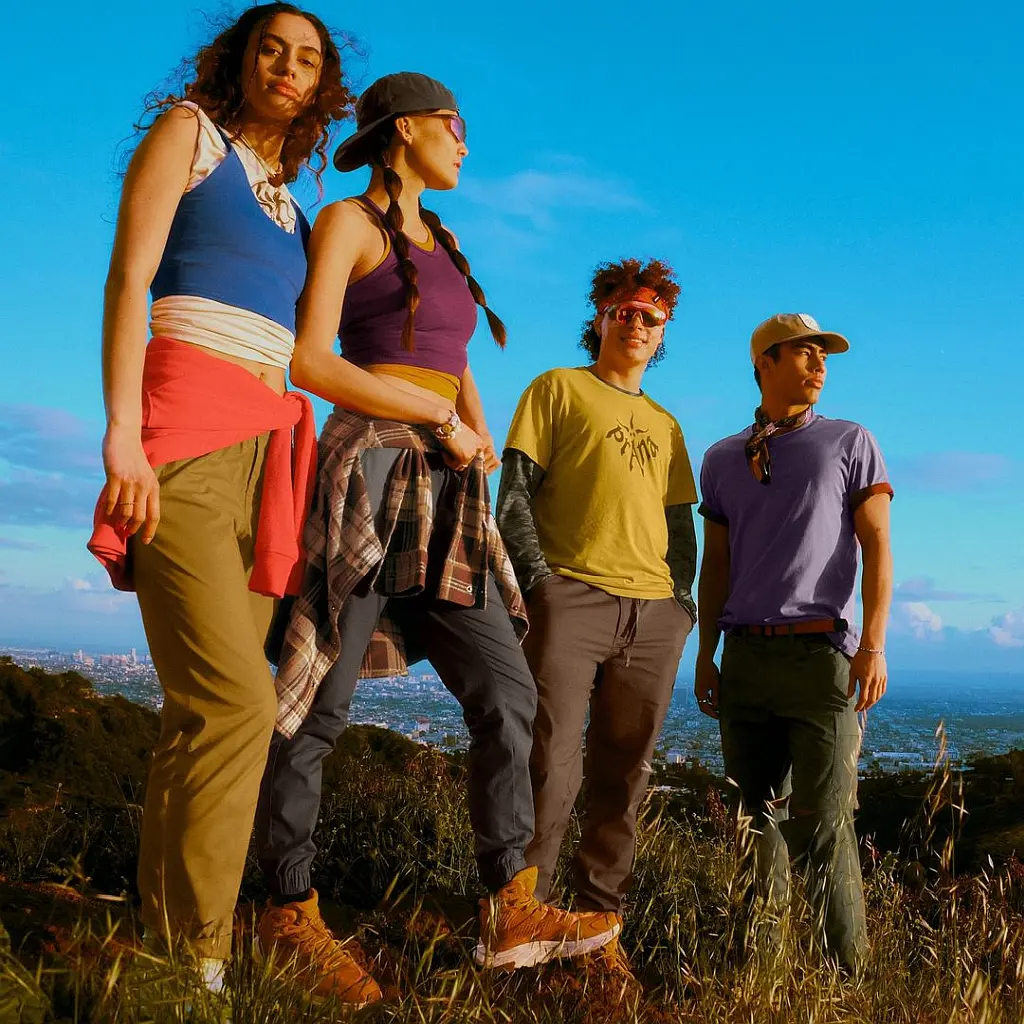
prAna is an activewear company that holds the status of being the first North American apparel brand to produce Fair Trade outdoor clothing. Initially known for crafting garments for rock climbing, prAna has expanded its product line to include surfwear, hiking attire, travel wear, and more. Offering a wide array of garments, the brand uses green materials like organic cotton, recycled polyester, TENCEL lyocell, ethically sourced wool, and RDS-certified down. prAna is Bluesign® approved and ensures the elimination of toxic chemicals in its production processes. Additionally, as a Textile Exchange member, it advocates for sustainable fashion through its Clothing for Positive Change education initiative.
3. Patagonia
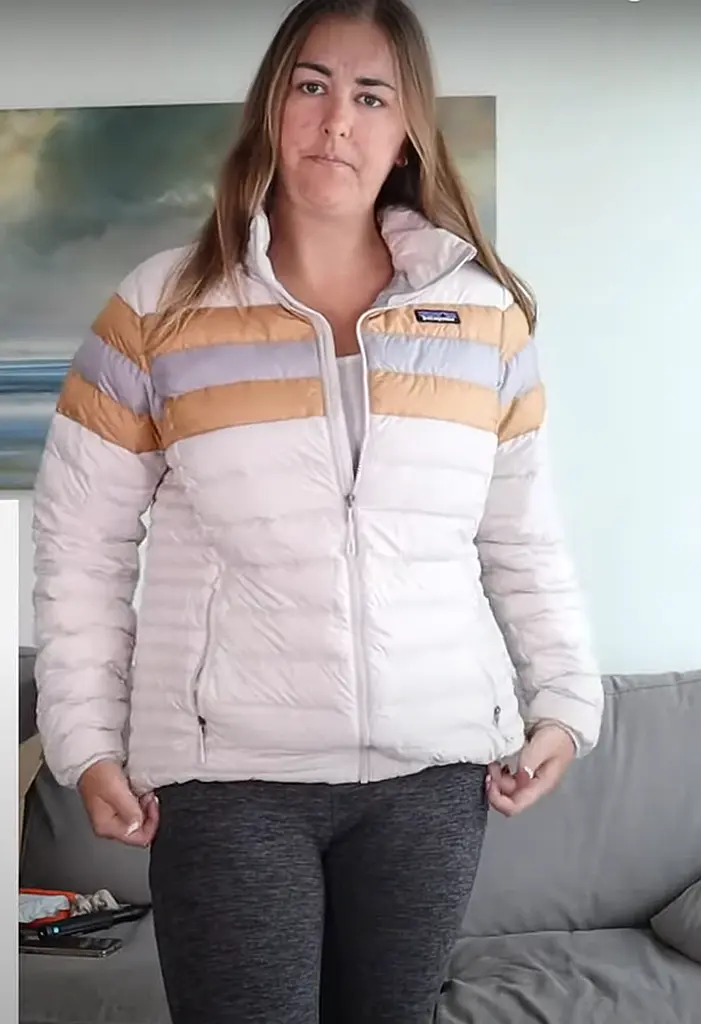
Patagonia is a leading outdoor clothing and adventure gear brand with a rich history of sustainability and ethical practices. The American brand is a fierce environmental activist and designs its products with high quality and longevity in mind. Quite popular globally, Patagonia is a Certified B-Corp that works with fair trade-certified factories. And it donates generously to multiple environmental organizations around the United States. To practice circularity, it has a ‘WornWear‘ program, where you can sell or buy used Patagonia merchandise at great deals.
4. Fjällräven
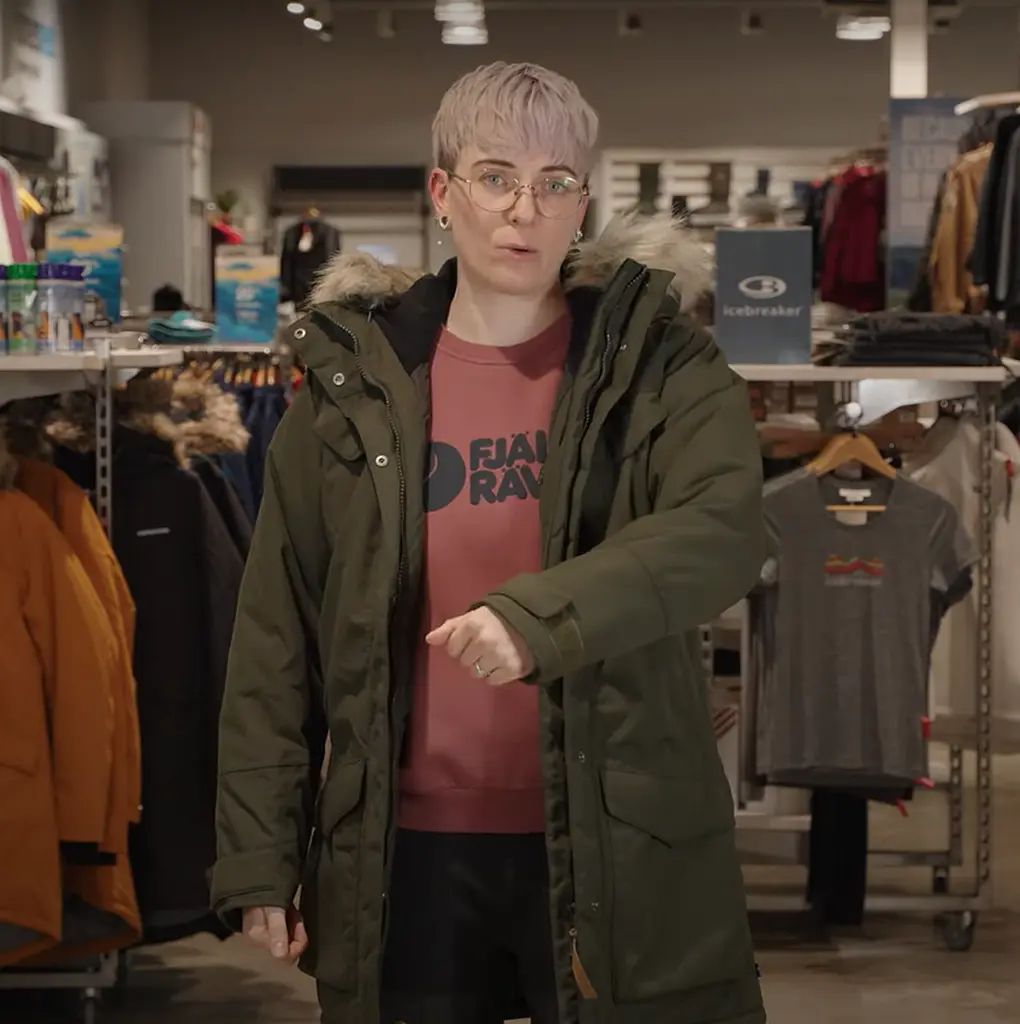
Founded in 1960, Fjällräven is a reputed Swedish outdoor gear brand. It gained popularity across the globe for creating high-performance adventure clothing with a touch of Scandinavian style. With the mission to protect the great outdoors and leave the world a better place, the brand uses earth-friendly materials like organic cotton, recycled wool, recycled polyester, etc., in its products. For sustainable production, the brand became a member of the Sustainable Apparel Coalition and Fair Labor Association. Plus, it aims to be Carbon Neutral by 2025. In 2020, Fjällräven was also honored as the most sustainable outdoor gear brand by the Swedish Sustainable Brand Index.



